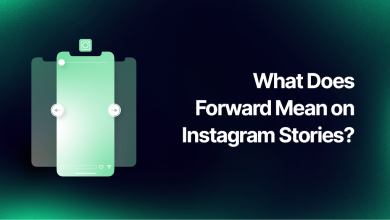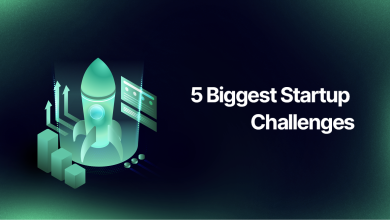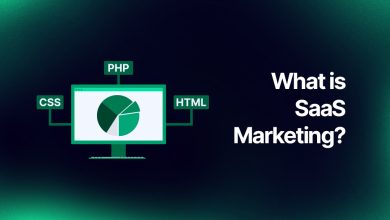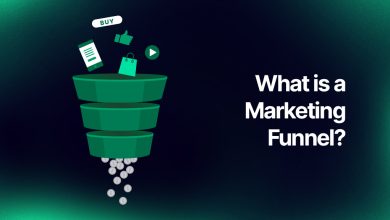AI for B2B Lead Generation: The Ultimate Guide
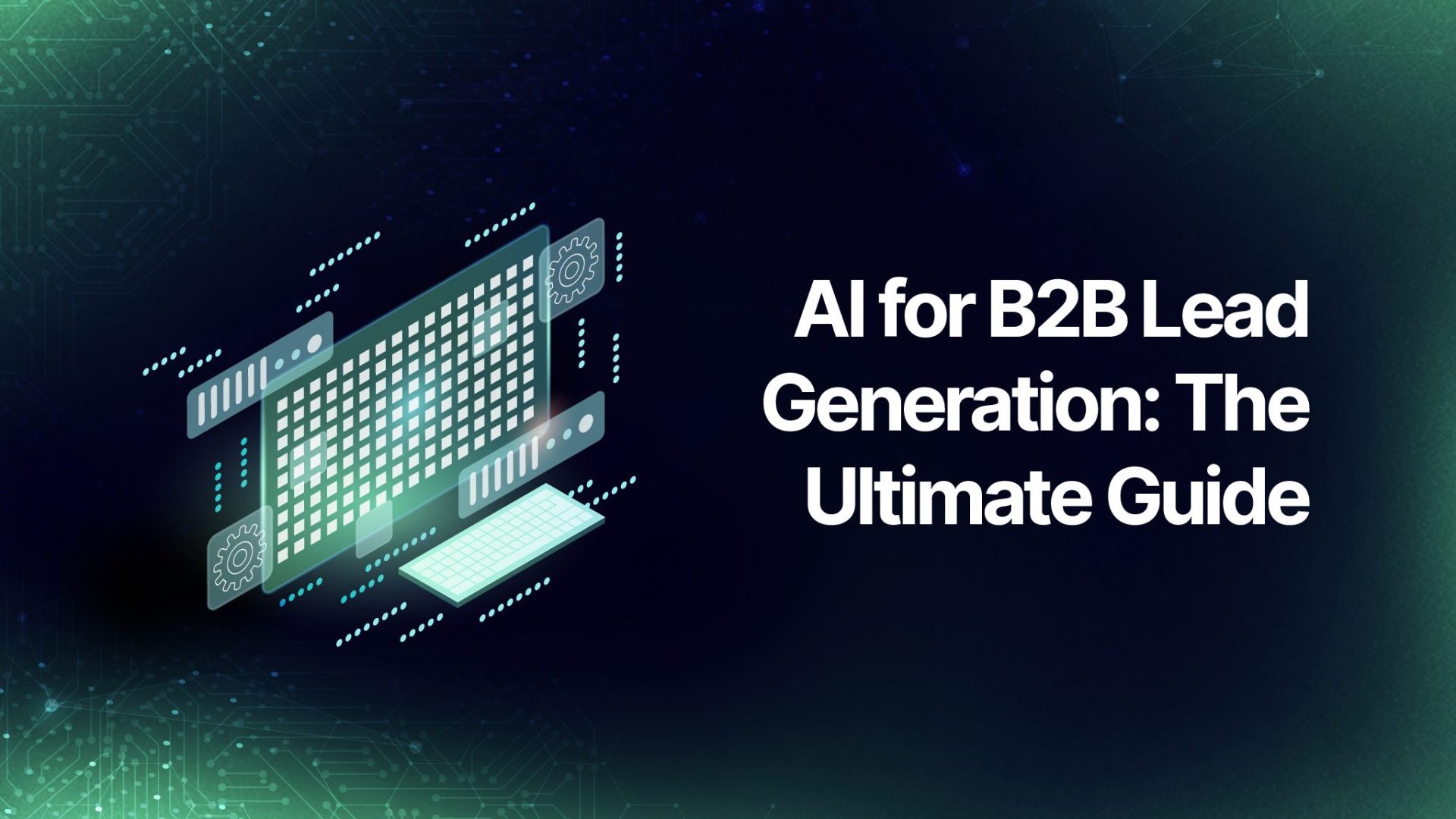
In today’s fast-paced B2B landscape, where competition is fierce and attention spans are short, generating high-quality leads has never been more vital or more challenging. Traditional lead generation tactics, while still effective in some areas, often fall short in today’s data-driven digital world. Enter AI lead generation a game-changing solution that’s helping businesses identify, nurture, and convert leads more efficiently than ever before.
Whether you’re a growth-focused SaaS founder, a B2B marketing manager, or a performance-obsessed sales team leader, this comprehensive guide will help you understand how AI-powered lead generation can transform your strategy, save your team valuable time, and drastically increase your conversion rates. From predictive analytics and smart segmentation to real-time engagement and automation, the power of lead generation with AI is reshaping the future of business outreach.
At its core, AI lead generation is not just about saving time it’s about making every moment and every interaction count.
Ready to build a smarter, faster, and more scalable sales pipeline? Let’s dive into how artificial intelligence lead generation is redefining B2B marketing in 2026 and beyond.
What is AI-Powered Lead Generation?
AI-powered lead generation is the process of leveraging artificial intelligence technologies, such as machine learning (ML), natural language processing (NLP), and predictive modeling to find, engage, and qualify potential customers. Instead of manually sifting through databases or relying on outdated lead lists, businesses use AI tools for lead generation to automate the discovery and nurturing of prospects.
This approach not only identifies potential leads but also enriches their profiles, scores their likelihood to convert, and even initiates personalized communication. Whether through chatbots, dynamic forms, or email sequences, AI lead gen provides a continuous, optimized flow of interactions that turn strangers into loyal customers.
How AI Works in Lead Generation
The underlying magic lies in data. AI platforms collect massive amounts of data from sources like social media, CRM systems, email interactions, and website behavior. Then, using pattern recognition, they predict which leads are worth pursuing and how to reach them best. These insights allow marketers and sales teams to work more strategically and eliminate guesswork, creating a smoother customer acquisition journey.
By continuously analyzing behavior and feedback loops, AI becomes more accurate over time. This adaptive learning helps ensure that your team always engages the right lead at the right moment, enhancing both marketing ROI and customer experience. This smart, automated system is the heart of modern lead generation using AI a system that learns, adapts, and grows with your business.

Why Should You Use AI for B2B Leads?
Because manual lead gen just isn’t cutting it anymore.
Using AI for lead generation gives businesses the power to operate at scale without compromising quality. Imagine going from reactive outreach to proactive engagement—automatically.
Key Reasons to Choose AI in B2B
- Laser-Targeted Outreach: AI identifies your ideal customer profile (ICP) based on behavioral, firmographic, and demographic data. It can even detect intent signals that human teams might overlook, such as subtle browsing behaviors or social media engagements. By analyzing these micro-interactions, AI ensures that your message reaches not just any prospect, but the one most likely to buy. This process often involves AI-powered intent data, predictive lead scoring, and behavioral targeting algorithms.
- Speed to Lead: AI reacts instantly when a potential lead expresses interest. Instead of waiting hours or days for a response, leads get timely follow-ups through automated emails, chatbots, or retargeting ads. This rapid response increases your chances of conversion while reducing lead drop-off. The use of real-time engagement tools and automated CRM workflows ensures that leads stay warm and move through your funnel faster.
- Seamless Integration: Most AI-based lead generation tools work directly with CRMs and marketing platforms, syncing data across systems to avoid silos. This means your sales team can act on AI insights without disrupting their workflow. Tools with native CRM integration, marketing automation sync, and data enrichment APIs streamline this connection and boost productivity.
- Higher ROI: By filtering out cold or unqualified leads, you reduce costs and improve revenue per lead. Every dollar spent on lead generation using AI goes toward higher-probability conversions, which compounds ROI over time. This includes AI-driven pipeline optimization, cost-per-lead reduction, and customer lifetime value prediction.
Simply put, if you’re still relying solely on human effort to fill your pipeline, you’re leaving money and time on the table.
Key Benefits of Using AI in Lead Generation
The rise of lead generation AI is not hype it’s backed by measurable results. Here are the biggest advantages:
1. Smart Segmentation and Prioritization
Forget one-size-fits-all. AI tools for lead generation segment your audience in real-time, adapting to behavior and purchase signals. Instead of lumping leads into broad categories, AI enables micro-segmentation that aligns with individual buyer journeys. Whether your prospect is an early-stage researcher or a decision-ready buyer, AI personalizes content and timing to match their stage. This means more relevant messages, higher engagement, and ultimately better conversion rates. It also frees up your marketing team to focus on creative strategy rather than manual list segmentation. Hyper-personalization, AI audience clustering, and buyer intent analysis all play a role here.
2. Automated Nurturing Sequences
With AI lead generation software, you can send behavior-triggered emails, messages, or chatbot responses automatically. These nurturing sequences can be tailored to the user’s behavior what page they visited, how long they stayed, or whether they downloaded a resource. AI doesn’t just automate timing; it tailors content to match intent. This leads to increased engagement and helps move leads further down the funnel with minimal manual effort. Plus, AI learns which messages work best and adapts over time. This includes lead nurturing automation, content recommendation engines, and AI-powered email marketing tools.
3. Increased Conversion Rates
By connecting at the right time with the right message, AI generated leads often convert at higher rates than traditional ones. AI-powered systems use predictive models to score leads, ensuring that sales reps prioritize high-intent contacts. When AI detects strong signals like revisiting pricing pages or comparing solutions it can trigger timely responses that close the deal faster. Over time, this process optimizes itself, creating a flywheel of improved targeting, engagement, and results.For companies looking to not only optimize lead generation but also improve the visual performance of their outreach, AI Ad Creative tools can significantly enhance engagement by automating high-converting ad visuals. Sales acceleration tools, AI conversion tracking, and AI-enabled CRM insights make this possible.
4. 24/7 Engagement
Your lead generator AI never sleeps. It works around the clock, capturing and qualifying leads from any time zone. This always-on availability means you won’t miss out on valuable leads that visit your site during off-hours. Whether it’s responding to a chatbot message at 2 a.m. or triggering an email follow-up after form submission, AI ensures consistent engagement. This global coverage also makes your lead gen scalable beyond traditional geographic limitations. AI chat automation, omnichannel lead response, and intelligent routing systems support this functionality.
5. Data-Driven Insights
From A/B testing results to user behavior, lead generation using AI provides real-time feedback to fine-tune your strategy. These insights go far beyond vanity metrics. AI can identify which content assets generate the most leads, which campaigns drive pipeline growth, and which messaging resonates best. Over time, these insights compound, empowering your team to make data-backed decisions that consistently drive performance. Predictive analytics, funnel visualization dashboards, and AI lead attribution models deliver these capabilities.

Must-Track Metrics for AI-Powered Lead Gen
Don’t guess measure. Use these KPIs to track the success of your lead gen AI strategy:
1. AI vs. Manual Lead Quality
Compare conversion rates between AI generated leads and manually sourced ones. AI tends to identify warmer leads, especially when it integrates multiple signals like CRM data, email engagement, and website activity. This comparison shows whether your investment in AI for lead generation is delivering better-fit prospects. If AI consistently outperforms human prospecting, it may be time to double down. Look into quality scoring models, conversion benchmarking, and AI-driven lead fit analysis for better insights.
2. Lead Response Time
Faster responses = better conversions. AI should significantly reduce this metric. Traditional methods often delay responses by hours or even days, but AI-driven systems can react in seconds. This instant engagement dramatically increases your odds of starting a productive sales conversation. Measuring average response time can reveal how well your lead generation AI tools are closing the gap. Track this with response time dashboards, lead SLA compliance, and engagement latency metrics.
3. Cost per AI Lead
Determine if your AI lead generator is reducing acquisition costs. While AI tools may require an initial investment, they often lower cost-per-lead over time by automating outreach and improving targeting accuracy. Comparing CPL between AI and manual campaigns helps justify the ROI and uncover new efficiencies. Utilize cost-efficiency analytics, ad spend optimization reports, and AI CPL tracking for better budgeting.
4. Email Open & Reply Rates
With AI in lead generation, these metrics should improve due to smarter targeting. AI can analyze user behavior to optimize subject lines, timing, and messaging, increasing open and reply rates. Track these metrics across segments to see where AI has the greatest impact. Tools such as AI-driven A/B testing, personalized email engines, and engagement heatmaps are crucial here.
5. Sales Cycle Length
Is your AI reducing time from first contact to closed deal? AI tools streamline qualification, engagement, and follow-up, often shaving days or weeks off the sales process. Shorter cycles mean faster revenue and higher productivity for your sales team. Monitor this using pipeline velocity reports, AI-qualified opportunity tracking, and deal stage progression analysis.
Challenges and Limitations of Using AI
While AI for B2B lead generation is powerful, it’s not flawless.
1. Data Quality is Everything
Your AI is only as good as the data you feed it. Poor data = poor results. If your CRM is outdated or incomplete, even the smartest algorithms will fail. It’s crucial to maintain clean, updated, and well-structured data to get the best from your lead generation with AI tools. Invest in tools that help with data hygiene, enrichment, and validation to ensure long-term success. Data cleansing systems, real-time enrichment platforms, and AI data governance frameworks are helpful here.
2. Risk of Over-Automation
Too much automation may alienate leads. Balance AI with human interaction. Personalization is powerful, but authenticity matters too. Leads can quickly sense if they’re speaking to a bot, especially in high-stakes B2B environments. Consider integrating human touchpoints at critical moments in the buyer journey, like post-demo follow-ups or contract discussions. Rely on human-AI collaboration, empathetic automation, and contextual decision triggers to preserve authenticity.
3. Privacy and Compliance
Ensure your AI lead generation process aligns with GDPR, CCPA, and other data laws. With stricter data privacy regulations, businesses must tread carefully. Using AI responsibly means being transparent about data collection, offering opt-outs, and securing user information. Partnering with tools that prioritize compliance can mitigate legal risk. Look for AI compliance monitoring, privacy-safe data tools, and automated consent management solutions.
4. Learning Curve & Setup
Some platforms require training, integration, and ongoing management to perform optimally. The more advanced the tool, the steeper the setup. Allocate time and resources for onboarding, training, and continuous optimization. Even the best AI tools for lead generation won’t deliver results without human strategy guiding them. Consider AI training modules, support communities, and dedicated success managers as part of your onboarding plan.
Final Thoughts on AI in B2B Lead Generation
The age of cold calling and static databases is over. In its place stands a new, smarter approach: AI-powered lead generation.
The ability to generate, nurture, and convert leads at scale without sacrificing personalization is no longer a luxury it’s a necessity. If you’re in B2B and not exploring how to use AI for lead generation, you’re falling behind.
The brands that win tomorrow are the ones that automate today intelligently.
So take that step. Test that tool. Talk to your team. Explore free AI tools for lead generation. Whether you’re after faster growth, better-qualified leads, or simply less guesswork, lead generation with AI is your competitive edge.
And if you’re still wondering what the best chatbot for lead generation is? The answer depends on your audience, but the future lies in intelligent conversation, powered by data, driven by empathy.
Your pipeline just got smarter. Now it’s your turn.
